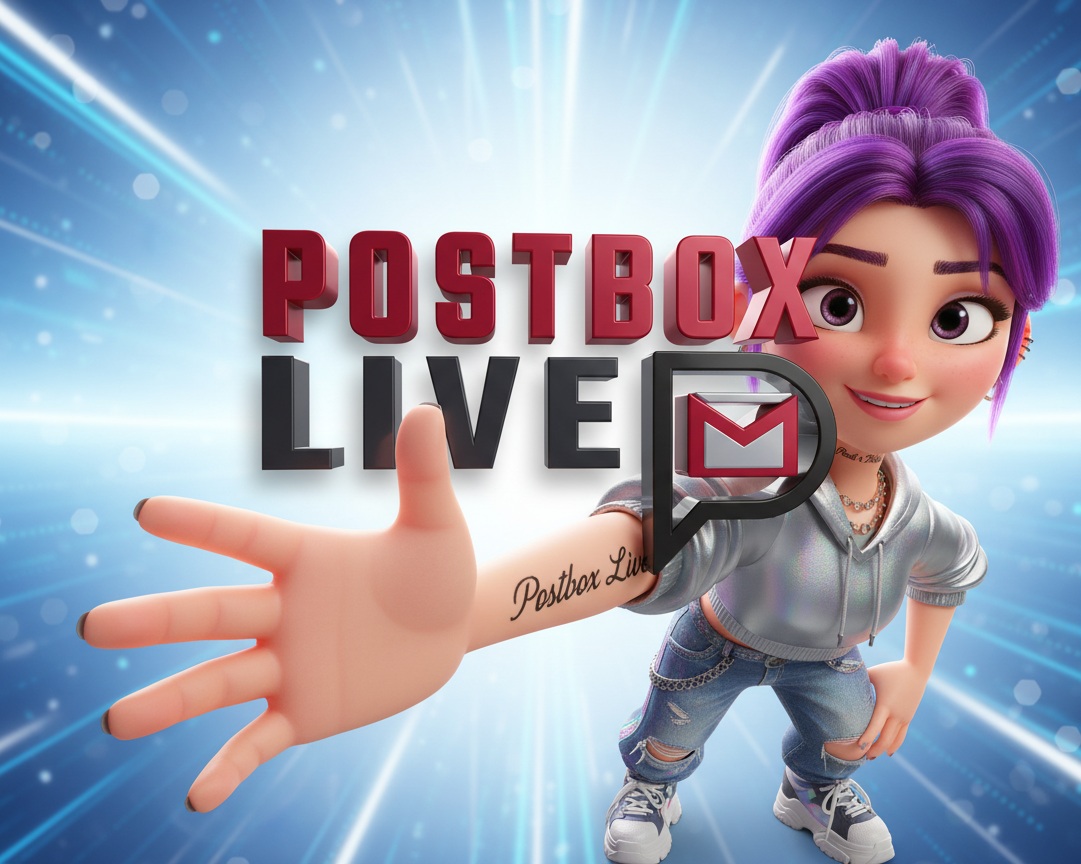Hollywood Bans AI Impersonations:
California Takes the Lead in Responsible AI Regulation
California passes groundbreaking AI impersonation laws protecting actors and citizens, setting a national precedent for responsible AI regulation. Discover what this means for Hollywood and beyond.
AI Meets the Silver Screen
California has taken a bold step in regulating artificial intelligence (AI), particularly in how it’s used to replicate human likenesses. The state has now passed two pioneering laws aimed at safeguarding the rights of actors and entertainers, establishing a robust legal framework to prevent unauthorized AI-generated impersonations. While rooted in Hollywood’s concerns, these laws extend to all California residents, signaling a monumental shift in AI policy across the United States.
The New Laws: Defining AI Cloning Boundaries
Signed into law by Governor Gavin Newsom, these twin bills make it explicitly illegal to use an AI-generated likeness or voice of any Californian without their express, written consent. This includes both living and deceased individuals. If studios want to digitally replicate a performer, their contract must clearly outline how the AI likeness will be used. Estates must also grant permission for posthumous uses.
These laws essentially codify many of the protections that SAG-AFTRA secured during the recent writers’ and actors’ strikes. However, they go even further by applying to everyone in the state, not just those in the entertainment industry.
Fran Drescher, president of SAG-AFTRA, celebrated the move, saying, “It is a momentous day for SAG-AFTRA members and everyone else, because the AI protections we fought so hard for last year are now expanded upon by California law.”
Political Implications: Balancing Big Tech and Hollywood
Governor Newsom faces a delicate balancing act. On one hand, he must support Hollywood, a major economic driver for California. On the other, he has to navigate the immense influence of Silicon Valley, home to 35 of the world’s top 50 AI startups.
Passing laws that regulate AI without stifling innovation is a daunting task. Newsom appears to understand the stakes. During the signing, he remarked, “We dominate this space, and I don’t want to lose that. The impact of signing the wrong bills over a few years could have a profound impact on the state’s competitiveness.”
Still, these new laws suggest that California is committed to developing AI responsibly, even if it means setting stricter standards than the rest of the country.
What This Means for the Entertainment Industry
The entertainment world has been one of the most vocal critics of AI impersonation. Creatives worry that AI could be used to replicate performances without fair compensation or consent.
These laws offer a concrete response to those fears. They not only protect performers’ rights but also ensure that AI-generated characters or voices can’t be used as a loophole to bypass fair labor practices.
Studios must now tread carefully. Misusing AI could lead to legal consequences, damaging both finances and reputations. These changes make it clear: ethical AI use is no longer optional.
Deepfake Crackdowns: Political Safeguards
In addition to protecting entertainers, Newsom signed three other bills aimed at cracking down on AI deepfakes. These measures specifically target the creation and distribution of deceptive AI-generated content intended to mislead voters.
During election seasons, misinformation can spread like wildfire. By outlawing such content, California aims to ensure that its democratic processes remain intact. These regulations underscore the importance of truth and integrity in political discourse.
The Ticking Clock: SB 1047 and the Future of AI Regulation
While these new laws are groundbreaking, California is still debating a potentially even more influential piece of legislation: SB 1047. If signed, this bill would hold tech companies accountable for the outputs generated by their AI systems.
However, the tech industry is pushing back. Critics argue that SB 1047 could slow innovation and create excessive legal risks. Governor Newsom has so far hesitated to sign it, citing concerns over the state’s long-term competitiveness.
“That’s a whole other can of worms,” Newsom noted. His caution reflects the complexity of governing in the age of artificial intelligence.
National Impact: Will the Rest of the Country Follow?
California has often led the way in progressive policy, from environmental regulations to labor rights. These new AI laws could set a precedent for other states to follow.
Given that many major AI firms operate in California, these laws could effectively become de facto national standards. Companies may choose to adopt them across all operations to simplify compliance.
As Fran Drescher aptly stated, “As California goes, so goes the nation.”
A New Era of Responsible AI Use
With these new regulations, California is setting the tone for ethical AI practices in entertainment and beyond. By protecting personal likenesses and combating misinformation, the state is taking a firm stance on what responsible AI use should look like.
Although challenges remain especially with the pending SB 1047 California has made it clear that technology must serve people, not exploit them. The Golden State is once again proving that it’s not afraid to lead.
#ResponsibleAI, #CaliforniaLaw, #AIRegulation, #HollywoodAI, #DeepfakeLaws, #AIEthics, #TechPolicy, #AIandEntertainment, #AICloning, #SAGAFTRA,

